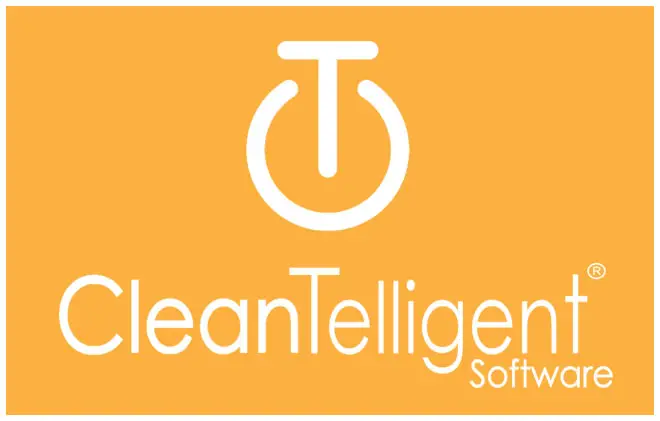Are you a ‘Green’ Janitorial Service Provider?
by
Compass Cleaning Solutions • March 10, 2016

This is our sixth post in our series on ‘Critical Questions to Ask Your Janitorial Service Provider”.
‘Green’ means something different to almost everyone you meet. It has become a catch phrase for all kinds of companies trying to sell you something, including a janitorial service. There is a trend in the market place today called ‘Green Washing’. Simply put, because there are still so few regulations and standards regarding what is truly ‘green’, virtually anyone can claim green status, but be very far from it. If environmental issues are important to you, here are some questions you should ask of any potential Janitorial Service Provider you are considering hiring.
Can you show me the Material Safety Data Sheets (MSD) for all the products you will be using in our building?
This is the most fundamental question you should ask. By federal (read OSHA) standards all products used in a commercial application must be accompanied by an updated MSD Sheet (Material Safety Data Sheet). An MSD Sheet will tell first responders what kind of solution or product they are dealing with and what steps are necessary to provide proper first aid. The MSD Sheets also provide toxicity and flammability ratings for every product. In other words if you look at those sheets you will be able to immediately tell how dangerous or toxic any product is. A ‘green’ product should rank very low on all of these categories.
What are the DFE ratings for your products and tools?
DFE stands for Designed For the Environment. This is important because while a product in its final state may indeed be safe, the process for creating the product may have been very damaging to the environment. In addition, the packaging and marketing of the product may also have had a large detrimental effect on the environment. The newest standards for ‘green’ products require consideration of all of these factors. As the consumer of the janitorial service for your building, you have the right and the power to ask for and receive service that employs only the highest DFE standards.
What cleaning practices do you use to lessen the impact on the environment?
Its not just the products that are important it is how they are applied as well. Most newer products and tools are designed to use significantly less water and therefore less cleaning solution to do the same job that is used by older more traditional methods and processes. Using less product means less impact from the manufacturing process to the shipping and distribution to the ultimate application in your building. All of which is better for the environment.
One process is the elimination of traditional mops and buckets, where possible. Using a Microfiber flat mop system will reduce the consumption of water and cleaning solutions by up to 75%. In situations where flat mops are not practical (rough floors, concrete, rubber floors etc.) an alternative is to use Microfiber Tube mops which gives you the same cleaning characteristics of Microfiber but is more practical on difficult floor surfaces while still giving you a cleaner surface than traditional cotton string mops.
What steps do you take to protect the health and safety of both the cleaning Technicians and our staff and clients?
Safety is a big deal. To neglect safety concerns of either the crew or you and your clients or staff is just irresponsible. So what should you look for in regard to safety. First, ask if the crew assigned to servicing your building has an MSD book for all cleaning products used (discussed earlier). Second, what precautions are they taking in regard to personal protective equipment (PPE)? Do they have gloves? Do they have eye protection? Have they been instructed on the proper disposal and handling of bloodborne pathogens where applicable? A third issue regards the products used. We discussed this in our first post in this series but it bears repeating. While a product must work and also be economical to use, when other products that perform as well or better are available at a similar price but reduce the use of harmful chemicals and use less energy to produce, why would a responsible company continue to use the original product?
The bottom line is that, as in everything, there must be a balance. There is no single perfect solution for every situation. Janitorial Service Providers also must balance environmental responsibility with costs. Like you, they are in business to make a profit and that will be a consideration. As the ultimate consumer of the service it will be up to you to decide how much weight to give to economic or environmental considerations.





